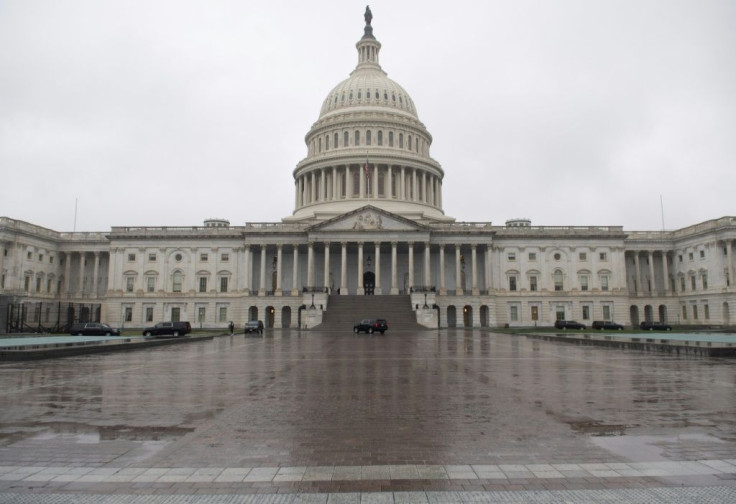Did Your Rep Vote For $2.2 Trillion COVID-19 Stimulus? A Quarter Of House Leaves No Trace

KEY POINTS
- The House passed a $2.2 trillion spending bill last month
- They did it via a "voice vote" where no votes are actually recorded
- The Intercept created a database to find who voted for or against this legislation
A majority of Americans cannot know if their representative voted for the largest bailout passed by the U.S. House of Representatives. The $2.2 trillion spending bill was passed by the House by voice vote after a few representatives wanted to avoid travelling to Washington, D.C. in the time of COVID-19. It also meant that the process has insulated them from accountability for their vote.
The Intercept has launched a database to track this vote, collecting "prominent public statements by individual members of Congress" and urging "readers to help...contact every lawmaker over phone, email, or social media.”
Only six representatives have been confirmed to have voted no on the bill: Reps. Ken Buck, R-Co., Doug Lamborn, R-Co., Ted Yoho, R-Fl., Jody Hice, R-Ga., Justin Amash, I-Mi., and Alexandria Ocasio-Cortez, D-NY.
The vote of over 120 other congresspeople has yet to be learned, meaning Americans do not know how over a quarter of the House of Representatives voted on the bill. Ocasio-Cortez said the bill was one of “the largest corporate bailouts” in “American history” and it only provided “crumbs for our families.”
The New York Times wrote that "Ms. Pelosi’s plan for a voice vote is highly unusual for a measure of such consequence. But leaders settled on it so that lawmakers who wanted to speak could make their views known and those who were not physically present would not be required to record a vote."
This kind of secrecy is not confined to the lower chamber of Congress, as Senate Majority Leader Mitch McConnell, R-Ky., announced that their next round of emergency legislation would also be passed via an unrecorded voice vote.
McConnell said the Senate would consider legislation by unanimous consent or voice vote. The Senate had not planned to return for business until at least April 20.
— Roll Call (@rollcall) April 7, 2020
Congress is not the only branch of government avoiding public oversight of the bill. President Donald Trump removed the chairman of the federal panel created by Congress to oversee the executive branch's management of the $2 trillion spending package.
© Copyright IBTimes 2025. All rights reserved.





















